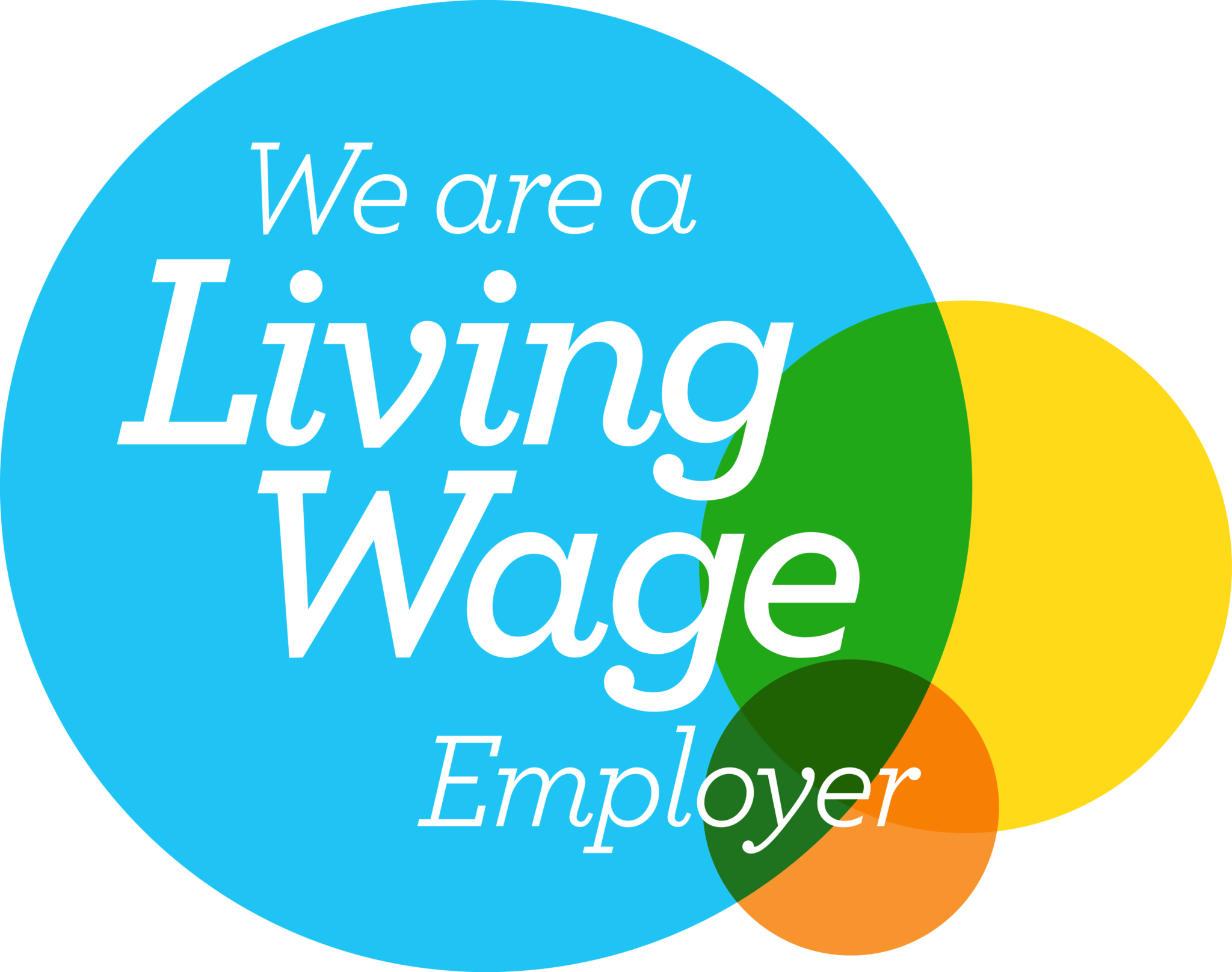How to become a Contractor
The role of an interim contractor has become increasingly attractive over the last two decades.
However, before embarking on this journey, it's imperative to consider a multitude of factors that can significantly impact your success in this area. We explore these considerations in depth, providing you with a comprehensive guide to making an informed decision on becoming a contractor.
Write a basic business plan
Most consultants or contractors start out as a company of one, however you have still created a company. Putting a company hat on, rather than that of an employee, can help you organise a plan that will get your business off the ground.
Assess Your Unique Skillset
Your specialist knowledge is the cornerstone of your contracting career. Every contractor possesses a unique set of skills, experiences, and expertise. Before taking the leap, it's crucial to assess your own capabilities. Identify your niche within your field and determine whether your skill set aligns with the current demands of the industry. This self-assessment is the first step toward building a successful contracting career.
Financial planning
In the unpredictable world of contracting, the ability to weather income fluctuations is paramount. Evaluate your financial situation and ensure you accrue sufficient savings to sustain yourself during lean periods without contracts. A well-prepared financial plan is essential for a smooth contracting career.
Engage an accountant to guide you through the financial requirements of contracting. Understand the tax implications and make a comprehensive financial plan that encompasses taxes, savings, and retirement planning.
Choosing Your Legal Framework
You must choose the appropriate legal structure for your contracting business. There are several options, including operating as a sole trader, forming a limited company, or utilising an umbrella company. Each choice comes with its own implications, encompassing taxation, liability, and administrative requirements. Your chosen structure will shape your legal course throughout your contracting career. The majority of bonafide consultants operate as directors of their own limited company.
Networking for Contracting Opportunities
Building and maintaining a robust professional network within your industry is crucial. Attend networking events, foster relationships with recruitment agencies, and leverage online platforms like LinkedIn to create a network that will open doors to contract opportunities.
Insurance Considerations
Many recruitment agencies, and clients engaging with contractors, insist upon professional indemnity insurance and public liability insurance as protection from the potential legal and financial risks associated with contracting. For a small initial outlay, having the correct insurances in place helps to present you as a credible business.
The Importance of Strong Contracts: Legal Safeguards
Ensure your contracts are meticulously drafted to protect your interests. If necessary, seek the counsel of a legal expert to navigate the complexities of contracting agreements.
Addressing Healthcare and Benefits
Unlike traditional employment, contractors typically do not receive employee benefits such as healthcare, retirement contributions, or paid leave. Plan ahead to address these needs and secure the necessary provisions to sustain your long term financial security.
Compliance and Regulations: Navigating Legal Waters
Stay well-informed on tax laws, employment regulations, and industry-specific mandates that may affect your contracting work. Compliance is key in this complex industry.
Skill Refinement: Nurturing Your Expertise
In the world of contracting, transformation and change are constant. Plan for continuous professional development. Invest in training, qualifications and certifications to remain competitive and stay ahead of industry trends. Your commitment to improving your skills will keep you at the forefront of your field.
Marketing Your Brand and Services?
In a crowded marketplace, it’s important to build your personal brand. Develop a strong online presence and craft an effective strategy to showcase your skills to potential clients. A well-constructed, up to date CV and LinkedIn profile are essential tools to showcase your skills, experience and brand. As assignments are completed, building customer case studies and testimonials will further enhance your standing within your specialist area and lead to work via referrals and recommendations.
Latest Contracts
HR Director – £600p/d inside IR35
This is an urgent requirement for an experienced HR Director to take a 3 month contract in the Farringdon area of Central London. This contact pays £600p/d inside IR35 and will be 5 days a week onsite. The ideal candidate will have a background in Fintech or Healthtech and have previous experience helping a...
Read moreMarketing Manager (Paid Media) – Part Time – £250p/d
A well-established, family-owned retail and e-commerce business is looking to appoint a Marketing Manager – Paid Media into a newly created role within its Brand team on a temp-to-permanent basis. This is a part-time position (24 hours per week across three days), based locally to Thames Ditton, Surrey. The role will suit a hands-on paid...
Read moreOCR Project Manager (SAP S/4HANA & Ariba) – Inside IR35 – £82 per hour – SE London
A government body is seeking an experienced OCR Project Manager (SAP S/4HANA & Ariba) to lead the transition of all existing invoice and document‑processing activities into our new SAP S/4HANA and SAP Ariba landscape. The role will involve controlling the migration from legacy systems, robust integration, and the realisation of efficiency and control improvements across finance, procurement, accounts payable and...
Read more





































